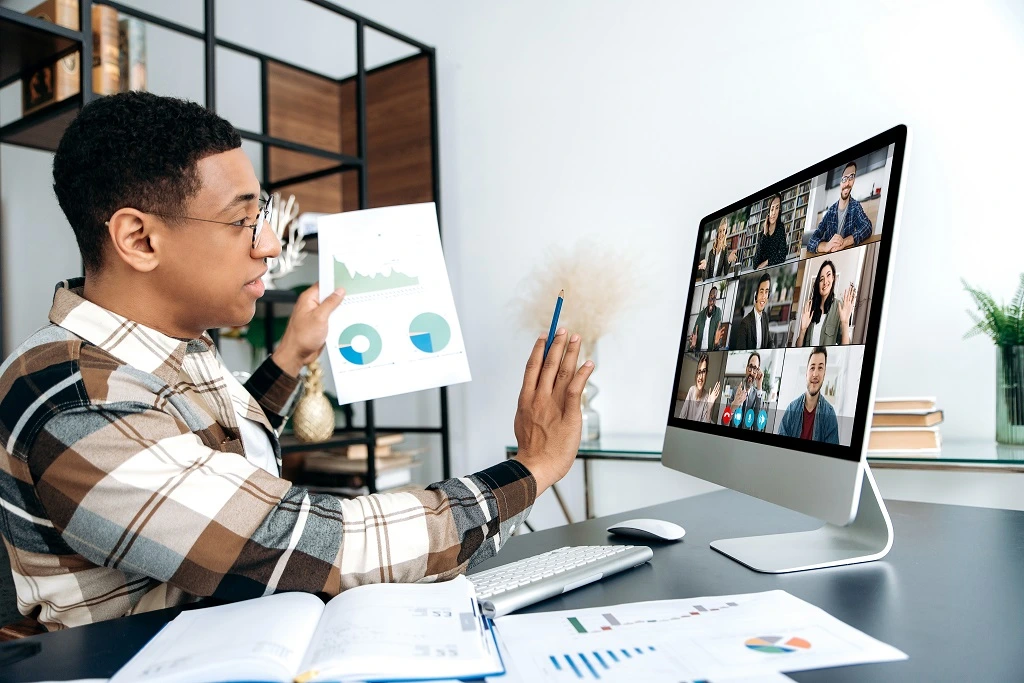In a world rapidly transformed by technology and evolving societal needs, the realm of education finds itself at a crossroads. The traditional methods that once sufficed are no longer enough to equip learners with the skills they need to succeed in an ever-changing landscape. It is within this context that the concept of “Education Redefined” takes center stage, ushering in a wave of innovations and best practices designed to meet the demands of modern learners. In this article, we will delve into the various facets of this educational transformation, exploring how innovative approaches are shaping the future of learning.
The Rise of Personalized Learning
One of the fundamental shifts in modern education is the move toward personalized learning. No longer confined to a one-size-fits-all model, educators are leveraging technology to tailor instruction to individual student needs. Adaptive learning platforms utilize data analytics to identify strengths and areas of improvement for each student, allowing educators to create customized learning pathways. This approach not only enhances student engagement but also ensures that learners can progress at their own pace, fostering a deeper understanding of the material.
Blending Traditional Pedagogy with Technology
Contrary to the notion that technology would replace traditional teaching methods, educators are finding innovative ways to blend the best of both worlds. The integration of technology tools such as interactive whiteboards, virtual reality simulations, and educational apps has enriched classroom experiences. These tools serve as supplements to traditional pedagogy, enhancing engagement and making complex concepts more accessible. The symbiotic relationship between traditional teaching and technology-driven methods has laid the foundation for a well-rounded and effective learning environment.
Beyond the Classroom Walls: Lifelong Learning and Online Resources
In the digital age, learning transcends the confines of the classroom. The proliferation of online resources, courses, and platforms has given rise to the concept of lifelong learning. Learners of all ages now have the opportunity to upskill, reskill, and pursue their passions through online education. From massive open online courses (MOOCs) to microlearning modules, these resources offer flexibility and accessibility, allowing individuals to tailor their learning journeys to fit their lifestyles and goals.
Cultivating Critical Thinking and Creativity
Innovation in education goes beyond technological tools; it encompasses the cultivation of critical thinking and creativity. Modern learners are faced with complex challenges that require analytical reasoning and innovative problem-solving. Educators are reimagining curriculum design to foster these skills, encouraging collaborative projects, inquiry-based learning, and real-world problem-solving scenarios. By nurturing critical thinking and creativity, education is preparing students to thrive in an increasingly dynamic and interconnected world.
Global Perspectives and Cultural Competence
As societies become more interconnected, developing a global perspective and cultural competence is essential for modern learners. Education redefined includes a focus on multiculturalism and empathy, helping students develop an understanding and appreciation for diverse perspectives. Virtual exchanges, international collaborations, and cross-cultural projects are becoming integral components of modern curricula, equipping students with the skills to navigate a globalized world with sensitivity and open-mindedness.
Teacher as Facilitator and Guide
In the redefined educational landscape, the role of the teacher has evolved from being the sole disseminator of knowledge to that of a facilitator and guide. Educators are encouraged to create student-centered learning environments where active participation, collaboration, and exploration take center stage. This shift empowers students to take ownership of their learning and fosters a love for lifelong learning, as they develop the skills to navigate and adapt to an ever-changing knowledge landscape.
Takeaway
“Education Redefined” is not a mere catchphrase; it embodies a paradigm shift that is shaping the trajectory of learning in the 21st century. From personalized learning and technological integration to fostering critical thinking and global awareness, the innovations and best practices discussed in this article are empowering modern learners to thrive in a dynamic world. As educators, learners, and stakeholders continue to embrace these transformative changes, the journey toward a redefined and empowered educational experience gains momentum, promising a brighter future for generations to come.











